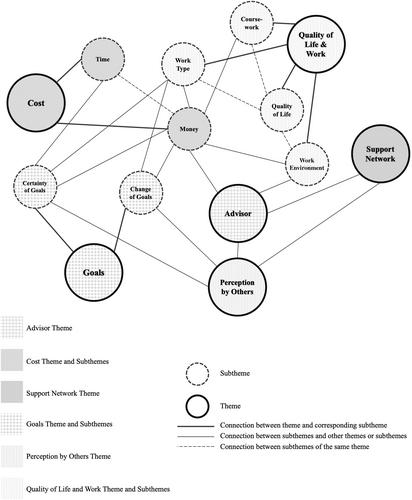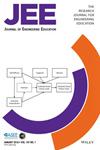Persistence at what cost? How graduate engineering students consider the costs of persistence within attrition considerations
Abstract
Background
While previous work in higher education documents the impact of high tuition costs of attending graduate school as a key motivator in attrition decisions, in engineering, most graduate students are fully funded on research fellowships, indicating there are different issues causing individuals to consider departure. There has been little work characterizing nonfinancial costs for students in engineering graduate programs and the impact these costs may have on persistence or attrition.
Purpose/Hypothesis
Framed through the lens of cost as a component of the expectancy–value theory framework and the graduate attrition decisions (GrAD) model conceptual framework specific to engineering attrition, the purpose of this article is to characterize the costs engineering graduate students associate with attending graduate school and document how costs affect students' decisions to persist or depart.
Design/Method
Data were collected through semistructured interviews with 42 engineering graduate students from R1 engineering doctoral programs across the United States who have considered, are currently considering, or have chosen to depart from their engineering PhD programs with a master's degree.
Results
In addition to time and money, which are costs previously captured in research, participants identified costs to life balance, costs to well-being, and identify-informed opportunity costs framed in terms of what “could have been” if they had chosen to not go to graduate school. As these costs relate to persistence, students primarily identified their expended effort and already-incurred costs as the primary motivator for persistence, rather than any expected benefits of a graduate degree.
Conclusion
The findings of this work expand the cost component of the GrAD model conceptual framework, providing a deeper understanding of the costs that graduate students relate to their persistence in engineering graduate programs. It evidences that motivation to persist may not be due to particularly strong goals but may result from costs already incurred. Through this research, the scholarly community, students, advisors, and university policymakers can better understand the needs of engineering graduate students as they navigate graduate study.


 求助内容:
求助内容: 应助结果提醒方式:
应助结果提醒方式:


